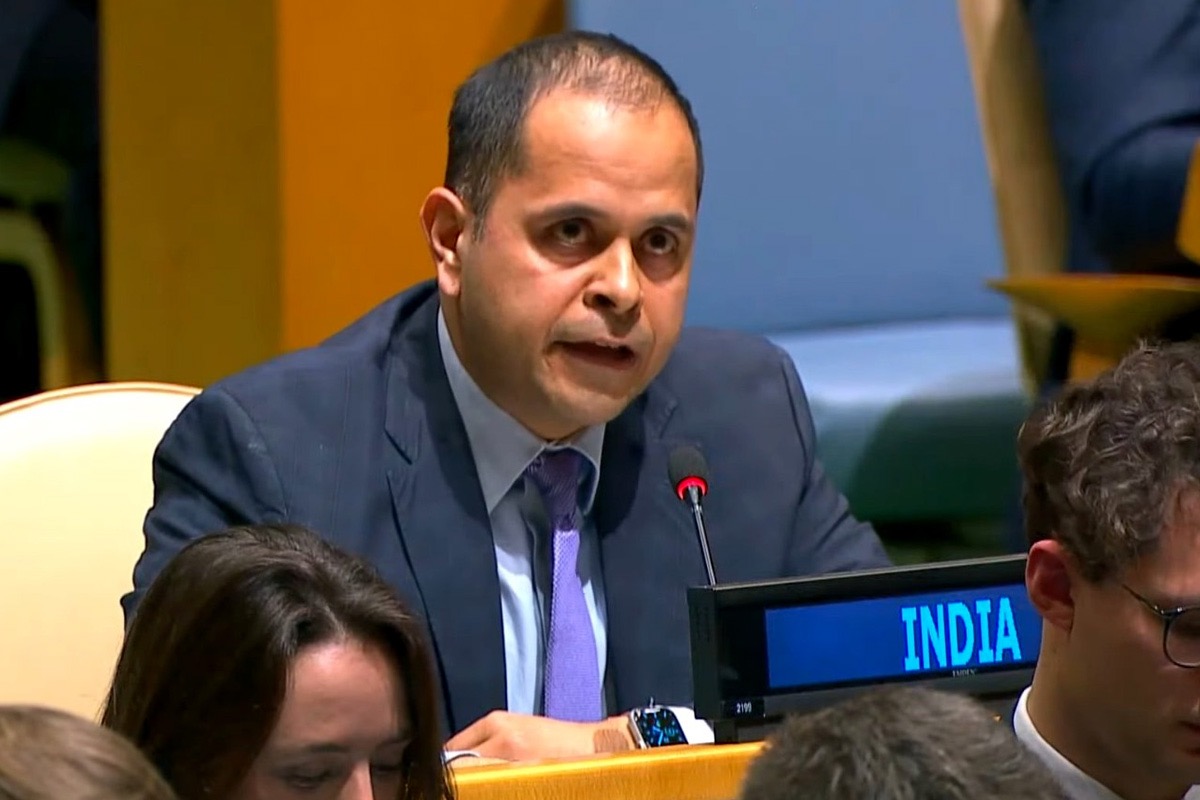India on Thursday castigated Pakistan for raking up the Kashmir issue at a special meeting of the United Nations General Assembly (UNGA), advising the neighbour to look at its track record of harbouring terrorists with impunity.
Pakistan raised the Kashmir issues at the UNGA emergency special session on Ukraine.
Exercising its right to reply, India’s permanent mission counsellor to the UN, Pratik Mathur called the Pakistani representative’s statement on Kashmir an “unwarranted provocation”.
“India chooses this time not to respond to Pakistan’s mischievous provocations, such uncalled-for provocation is particularly regrettable and certainly misplaced,” Mathur said.
In a piece of advice to bankrupt Pakistan, Mathur said, “Our advice to the delegate of Pakistan is to refer to numerous rights of reply that we have exercised in the past. Pakistan has only to look at itself and its own track record as a state that harbours and provides safe havens to terrorists, and it does so with impunity.”
On several accounts, Pakistan has been called out at the United Nations platforms for sponsoring terrorism under its state policy. Many terrorists roaming scot-free in Pakistan have been sanctioned by the United Nations Sanctions Committee (UNSC).
In January, UNSC’s Sanctions Committee listed Abdul Rehman Makki, deputy chief of Pakistan-based Lashkar-e-Taiba (LeT) as a “global terrorist”. He is the brother-in-law of the 26/11 Mumbai attacks mastermind.
The proposal to list him as a global terrorist was moved jointly by India and the United States in June last year.
During the discussion at the UNGA, Mathur called for peace and early resolution of the ongoing conflict between Russia and Ukraine. “We (UN members) have agreed that the path of peace can be the only path forward to resolve conflict and discord,” he said.
Thursday’s special UNGA session marks one year of Russia’s full-scale invasion of neighbouring Ukraine.
The UNGA’s special session passed a resolution calling for an immediate withdrawal of Russian troops from Ukraine, in line with the UN Charter. India was among the 32 nations that abstained as the 193-member General Assembly adopted the resolution.

